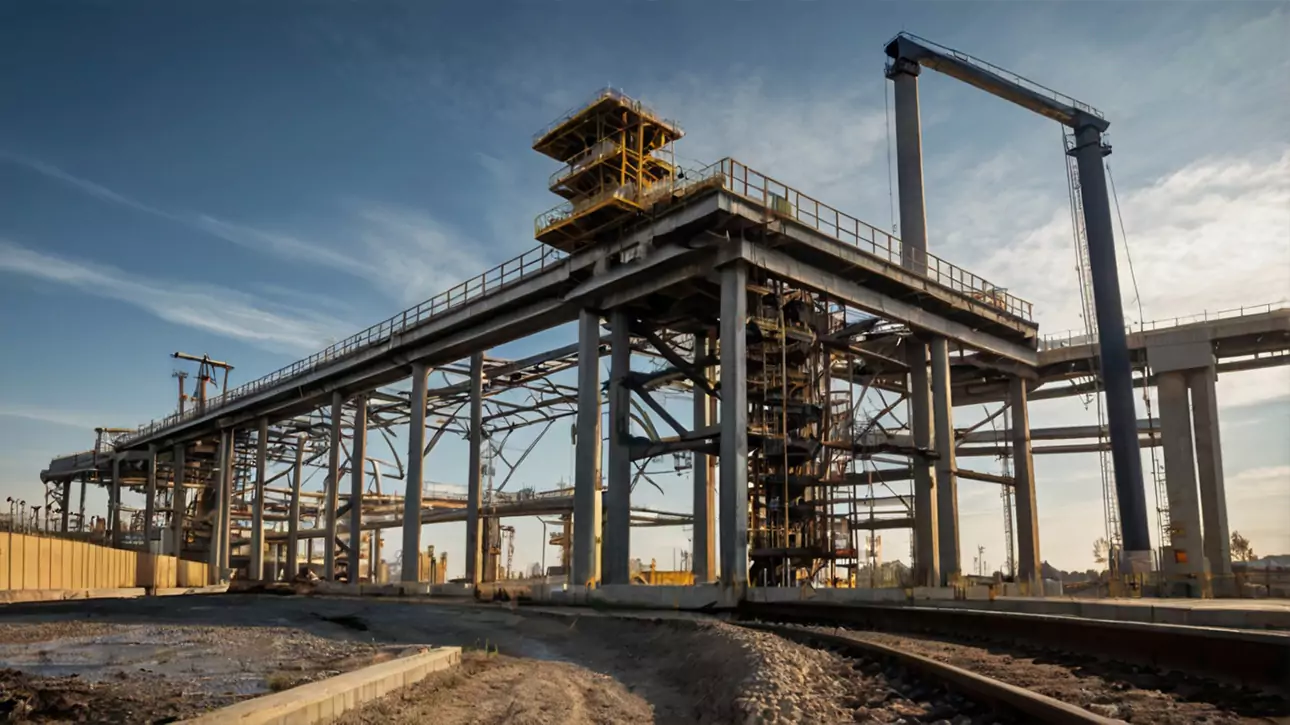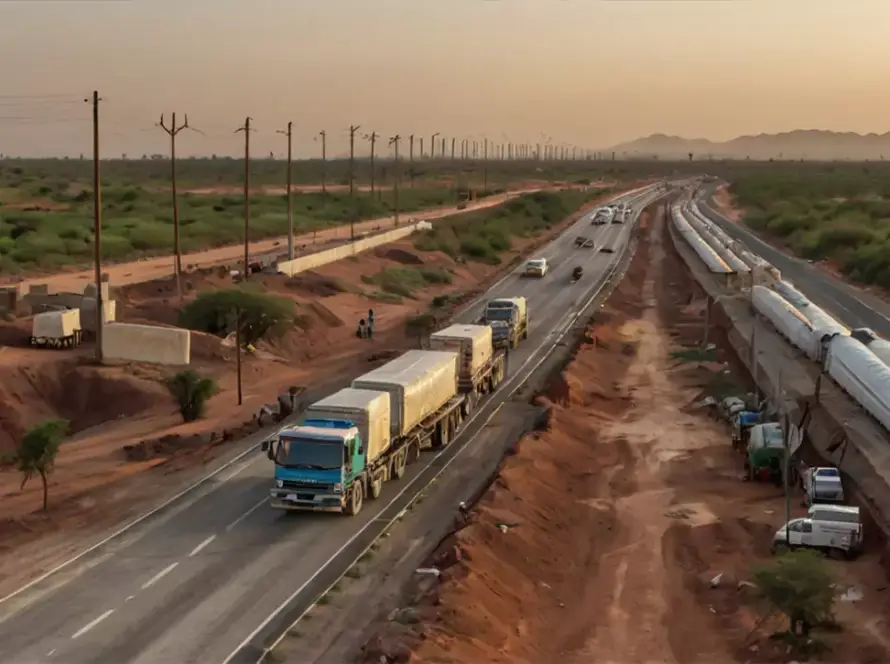Infrastructure projects in the Middle East and Africa require significant capital and resources. Before committing to construction, a comprehensive project feasibility study is essential to evaluate technical, economic, financial, and environmental viability.
Feasibility studies help investors, governments, and developers make informed decisions, minimize risks, and secure financing for successful project execution.
What is a Project Feasibility Study?
A project feasibility study assesses whether a proposed project is:
- Technically possible to execute
- Financially viable and sustainable
- Environmentally and socially acceptable
- Legally and regulatory compliant
The study provides a roadmap outlining risks, costs, benefits, and timelines.
Key Components of a Feasibility Study
1. Technical Feasibility
Evaluation of design options, technology requirements, site conditions, and construction methods.
2. Market Analysis
Assessment of demand, competition, pricing, and revenue projections for project outputs or services.
3. Financial Analysis
Detailed cost estimates, funding sources, cash flow forecasts, and profitability metrics such as Net Present Value (NPV) and Internal Rate of Return (IRR).
4. Environmental and Social Impact Assessment
Identification of potential impacts and mitigation strategies to meet sustainability standards.
5. Legal and Regulatory Review
Examination of permits, licenses, land rights, and compliance with local laws.
Importance of Feasibility Studies in the Middle East and Africa
- Reduces uncertainty and investment risk
- Builds stakeholder confidence and support
- Improves access to financing and donor funds
- Guides project design for optimal efficiency
- Ensures alignment with national development goals and ESG standards
A well executed project feasibility study is a vital first step for any infrastructure investment in the Middle East and Africa. It helps unlock funding, avoid costly mistakes, and set the stage for smooth project delivery.




